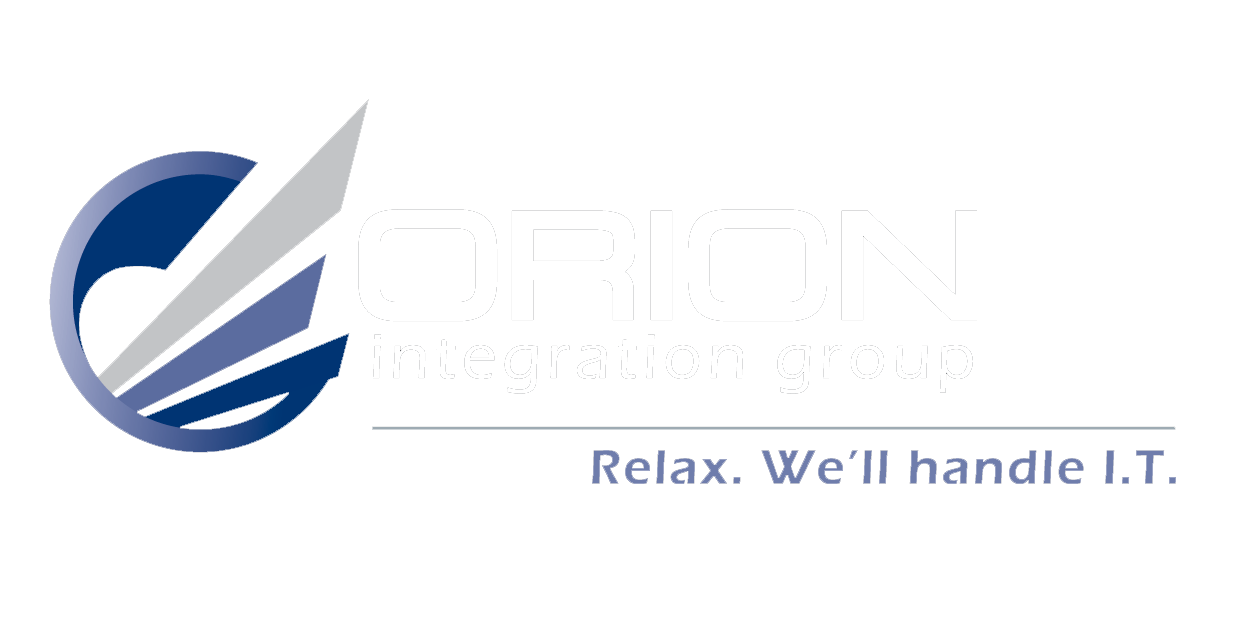Sizing up the Cloud: Scalability for Growing Businesses
The ability to scale efficiently and effectively is crucial for businesses looking to thrive in competitive markets. As companies expand, so too do their technological needs, making scalability a vital component of any IT strategy. Cloud computing offers a solution to this challenge by providing flexible, scalable resources that can grow alongside the business.
Understanding Scalability for Growing Businesses
Scalability is a fundamental concept in cloud computing, referring to the ability of a system to handle an increasing amount of work or its potential to accommodate growth. In cloud computing, scalability can be categorized into two types: vertical and horizontal scaling. Vertical scaling, or scaling up, involves adding more power to an existing machine, such as more CPU or RAM. Horizontal scaling, or scaling out, involves adding more machines to a system and distributing the load across multiple servers.
In dynamic markets like Southwest Idaho, scalability is crucial for businesses to maintain competitiveness and efficiency. As businesses in regions like Boise and beyond grow, their IT infrastructure must be able to support increased demand without compromising performance. The ability to scale efficiently can mean the difference between thriving and struggling in today’s fast-paced market.
Key Indicators for Scaling Up
Recognizing when to scale your IT infrastructure is essential for maintaining optimal performance. Common signs that a business may need to consider scaling include increased user demand, noticeable performance lags, and storage limitations. For instance, if a company experiences frequent slowdowns during peak usage times, it may be time to scale its infrastructure.
Metrics such as server response times, application performance, and data storage capacity can provide valuable insights into when scaling is necessary. Businesses in similar regions, such as those in Idaho, have successfully scaled their operations by monitoring these indicators. For example, a local retailer in Boise observed a significant increase in online traffic, prompting them to scale their cloud resources to ensure seamless customer experiences during high-demand periods.
Cloud Services Supporting Business Growth
Various cloud services facilitate scalability, making it easier for businesses to grow without the constraints of traditional IT setups. Infrastructure as a Service (IaaS) and Platform as a Service (PaaS) are popular options that offer flexible and cost-effective solutions. IaaS provides virtualized computing resources over the Internet, allowing businesses to scale up or down based on demand. PaaS offers a platform allowing customers to develop, run, and manage applications without the complexity of building and maintaining the infrastructure.
Automation plays a significant role in scaling processes, enabling businesses to adjust resources quickly and efficiently. This flexibility is particularly beneficial for small to medium-sized businesses in Southwest Idaho, where the ability to scale without significant capital investment can lead to substantial savings and operational efficiency.
The Role of a Scalable IT Infrastructure
A scalable IT infrastructure is vital for business continuity and disaster recovery. In the event of an unexpected surge in demand or a system failure, scalable solutions ensure that operations can continue with minimal disruption. This capability directly impacts operational efficiency and customer satisfaction, as businesses can provide consistent service levels regardless of external conditions.
In Idaho and surrounding areas, companies have reaped significant benefits from implementing scalable IT solutions. For example, a technology firm in Boise improved its disaster recovery strategy by leveraging cloud-based scalability, allowing it to recover quickly from disruptions and maintain customer trust.
Long-term Benefits of Cloud Scalability
The long-term benefits of cloud scalability are manifold. Businesses can achieve better resource management and reduced operational costs by scaling their IT infrastructure according to demand. This approach also fosters innovation and enhances competitiveness, as companies can quickly adapt to changing market conditions.
Cultural and Geographical Considerations
The cultural and geographical context of the Western U.S. can significantly influence cloud adoption and scalability needs. In regions like Southwest Idaho, local industry trends and economic conditions play a crucial role in shaping scalability strategies. For instance, the growing tech sector in Boise drives demand for scalable IT solutions, as businesses seek to capitalize on regional growth opportunities.
Understanding these regional factors is essential for developing effective scalability strategies that align with local business needs and market conditions.
Challenges and Considerations in Scaling
While scaling offers numerous benefits, businesses may face challenges when expanding their cloud infrastructure. Data security, compliance, and vendor lock-in are common concerns that require careful consideration. Ensuring data security and compliance with regulations is paramount, especially for businesses handling sensitive information.
To mitigate these challenges, partnering with experienced IT service providers is essential. They can offer guidance on best practices and help navigate the complexities of scaling, ensuring that businesses can grow securely and efficiently.
Future Trends in Cloud Scalability
Emerging trends in cloud technology are poised to impact scalability significantly. Innovations such as edge computing and AI integration are reshaping how businesses approach scalability. Edge computing brings computation and data storage closer to the location where it is needed, improving response times and saving bandwidth. AI integration can optimize resource allocation, making scaling more efficient.
These trends are likely to shape the future of business operations in Idaho and surrounding regions. Staying informed and adaptable is crucial for businesses to effectively leverage these advancements and maintain a competitive edge in the market.
Additional Considerations for Effective Cloud Scaling
When planning for cloud scalability, businesses should also consider the cost implications associated with scaling operations. While cloud solutions offer flexibility, they can also lead to increased expenses if not managed properly. Implementing cost management strategies, such as monitoring usage patterns and optimizing resource allocation, can help mitigate potential financial burdens.
Training staff to understand and manage cloud resources is crucial. As the IT landscape evolves, having a knowledgeable team can ensure that the organization maximizes the benefits of cloud scalability. Providing ongoing training and resources can empower employees to make informed decisions regarding cloud infrastructure and scaling strategies.
Lastly, businesses should maintain a strong focus on customer experience when scaling their cloud solutions. As demand grows, ensuring that systems remain responsive and reliable is essential for maintaining customer satisfaction and loyalty. Regularly gathering feedback and conducting performance assessments can help identify areas for improvement and ensure that the scaling process aligns with customer expectations.
Cloud scalability is an indispensable asset for growing businesses, particularly in rapidly developing regions like Southwest Idaho. By leveraging scalable cloud solutions, businesses can ensure that their IT infrastructure grows alongside them, meeting increased demand without sacrificing performance. As technology continues to advance, staying informed about emerging trends and best practices will be crucial for businesses looking to maintain a competitive edge. With the right strategies and partnerships in place, organizations can successfully navigate the challenges of scaling and position themselves for long-term success.
For more information on how scalable cloud solutions can benefit your business,
reach out to Orion Integration Group today. Our team of experts is ready to assist you in developing and implementing strategies that align with your growth objectives.




